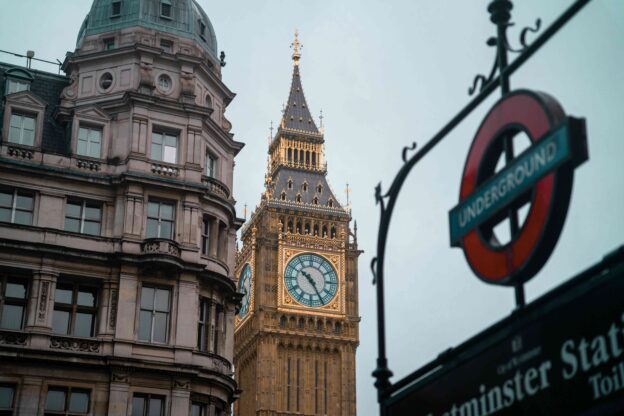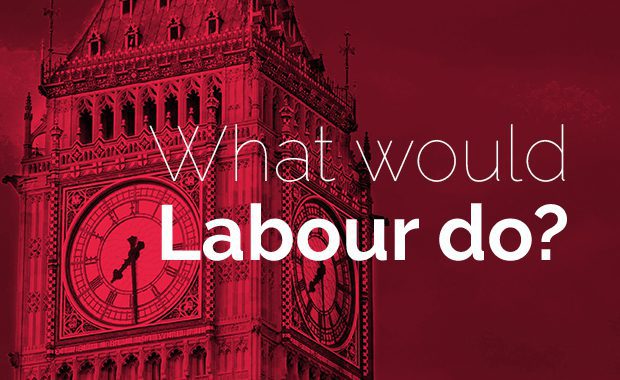Around two million adults and children are currently stuck on NHS waiting lists seeking mental health support. NHS England estimates the cost of untreated mental health to the UK economy to be £117.9 billion every year, taking into account those who are unfit to work because of their condition. Previous administrations have attempted to address this issue, in particular former Prime Minister Theresa May’s commissioning of the Wessely Review, but seemingly little substantive progress has taken place.
In opposition, Labour’s journey to office set off to a questionable start on mental health. The Party’s dedicated shadow mental health minister Rosena Allin-Khan resigned in September 2023 citing Starmer’s decision to remove the mental health portfolio from the shadow cabinet.
Since then, the Party has made no secret of its intention to overhaul what has been described as a mental health system in crisis. Labour leader Sir Keir Starmer vowed in his Party’s manifesto to reform and modernise the outdated Mental Health Act 1983, recruit 8,500 new mental health staff, and place mental health professionals in schools. Seven months on from Labour’s landslide general election victory, how can progress be described?
In the King’s Speech, the government brought forward the Mental Health Bill which seeks to address unnecessary detentions for people with a learning disability or autism and end the use of criminal justice cells to detain those who need care under the Mental Health Act. Ministers have said that the Bill, which is currently being scrutinised in the House of Lords, will ensure that all patients have a care and treatment plan tailored to their needs.
In addition, the autumn budget committed £26 million of investment in new mental health crisis centres to help ease pressure on A&E departments. This is due to the increase in patients presenting in hospitals because of a lack of accessible mental health services.
While these initial measures are targeted at the most severe and urgent cases of poor mental health, the government’s wider ambition for mental health looks to incorporate its overarching focus on health prevention. The government’s 10-year health plan, due to be published in spring 2025, will be underpinned by “treatment to prevention” as a core pillar. It is also likely to contain further details on how mental health prevention will be included within this shift towards preventative care.
There is evident cross-party support for improving mental health services, and parties of all colours recognise the devastating impact that maintaining the status quo will have, both on individuals and wider society.
The Liberal Democrat-chaired Health and Social Care Select Committee announced in December 2024 the launch of a new inquiry into community mental health services. This is likely to reveal further improvements required in the system which will help shape the government’s approach to reform.
It is vital that providers and businesses engage with the committee’s inquiry which will be vital in shaping the development of policy in this area. The government must get mental health care right if it hopes to see any pressure on the NHS reduced or make a dent in the ever-growing list of workers signed off due to long-term sickness.




